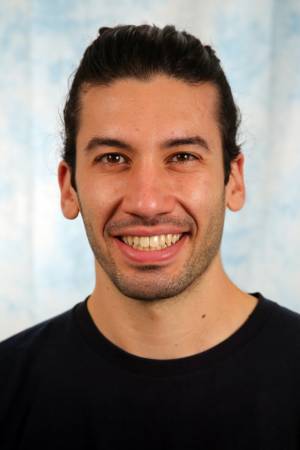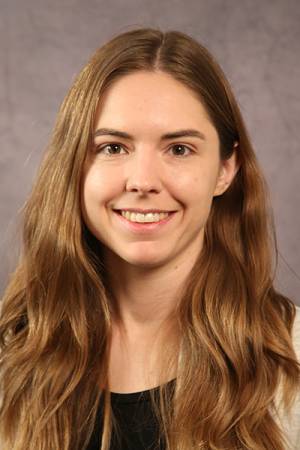3D Video Models through Point Tracking, Reconstructing and Forecasting
Abstract: 3D scene understanding from 2D video is essential for enabling advanced applications such as autonomous driving, robotics, virtual reality, and augmented reality. These fields rely on accurate 3D spatial awareness and dynamic interaction modeling to navigate complex environments, manipulate objects, and provide immersive experiences. Unlike 2D, 3D training data is much less abundant, which [...]
What Makes Learning to Control Easy or Hard?
Abstract: Designing autonomous systems that are simultaneously high-performing, adaptive, and provably safe remains an open problem. In this talk, we will argue that in order to meet this goal, new theoretical and algorithmic tools are needed that blend the stability, robustness, and safety guarantees of robust control with the flexibility, adaptability, and performance of machine [...]
Towards a Robot Generalist through In-Context Learning and Abstractions
Abstract: The goal of this thesis is to discover AI processes that enhance cross-domain and cross-task generalization in intelligent robot agents. Unlike the dominant approach in contemporary robot learning, which pursues generalization primarily through scaling laws (increasing data and model size), we focus on identifying the best abstractions and representations in both perception and policy [...]
Vision-based Human Motion Modeling and Analysis
Abstract: Modern computer vision has achieved remarkable success in tasks such as detecting, segmenting, and estimating the pose of humans in images and videos, reaching or even surpassing human-level performance. However, they still face significant challenges in predicting and analyzing future human motion. This thesis explores how vision-based solutions can enhance the fidelity and accuracy [...]
Stochastic Graphics Primitives
Abstract: For decades computer graphics has successfully leveraged stochasticity to enable both expressive volumetric representations of participating media like clouds and efficient Monte Carlo rendering of large scale, complex scenes. In this talk, we’ll explore how these complementary forms of stochasticity (representational and algorithmic) may be applied more generally across computer graphics and vision. In [...]
Recent Progress in Graph-Search Methods for Multi-Robot-Arm Motion Planning
Abstract: An exciting frontier in robotic manipulation is the use of multiple arms at once. However, planning concurrent motions is a challenging task using current methods. A major obstacle is the high-dimensional state space of this planning problem, which renders many traditional motion planning algorithms impractical. This opens the door for alternatives to the common [...]
Physical Process-Informed Mapping for Robotic Exploration
Abstract: Mobile robots used for information gathering tasks rely on dense, predictive mapping of large-scale regions to determine where to take measurements. Current approaches to mapping commonly rely on Gaussian process regression to spatially correlate data, extrapolate from sparse samples, and estimate uncertainty. However, these approaches do not incorporate meaningful information about physical processes that [...]
RI Faculty Business Meeting
Meeting for RI Faculty. Agenda was sent via a calendar invite.
Can Robots Based on Musculoskeletal Designs Better Interact With the World?
Abstract: Living robots represent a new frontier in engineering materials for robotic systems, incorporating biological living cells and synthetic materials into their design. These bio-hybrid robots are dynamic and intelligent, potentially harnessing living matter’s capabilities, such as growth, regeneration, morphing, biodegradation, and environmental adaptation. Such attributes position bio-hybrid devices as a transformative force in robotics [...]
Soft Wearable Haptic Devices for Ubiquitous Communication
Abstract: Haptic devices allow touch-based information transfer between humans and intelligent systems, enabling communication in a salient but private manner that frees other sensory channels. For such devices to become ubiquitous, their physical and computational aspects must be intuitive and unobtrusive. The amount of information that can be transmitted through touch is limited in large [...]







